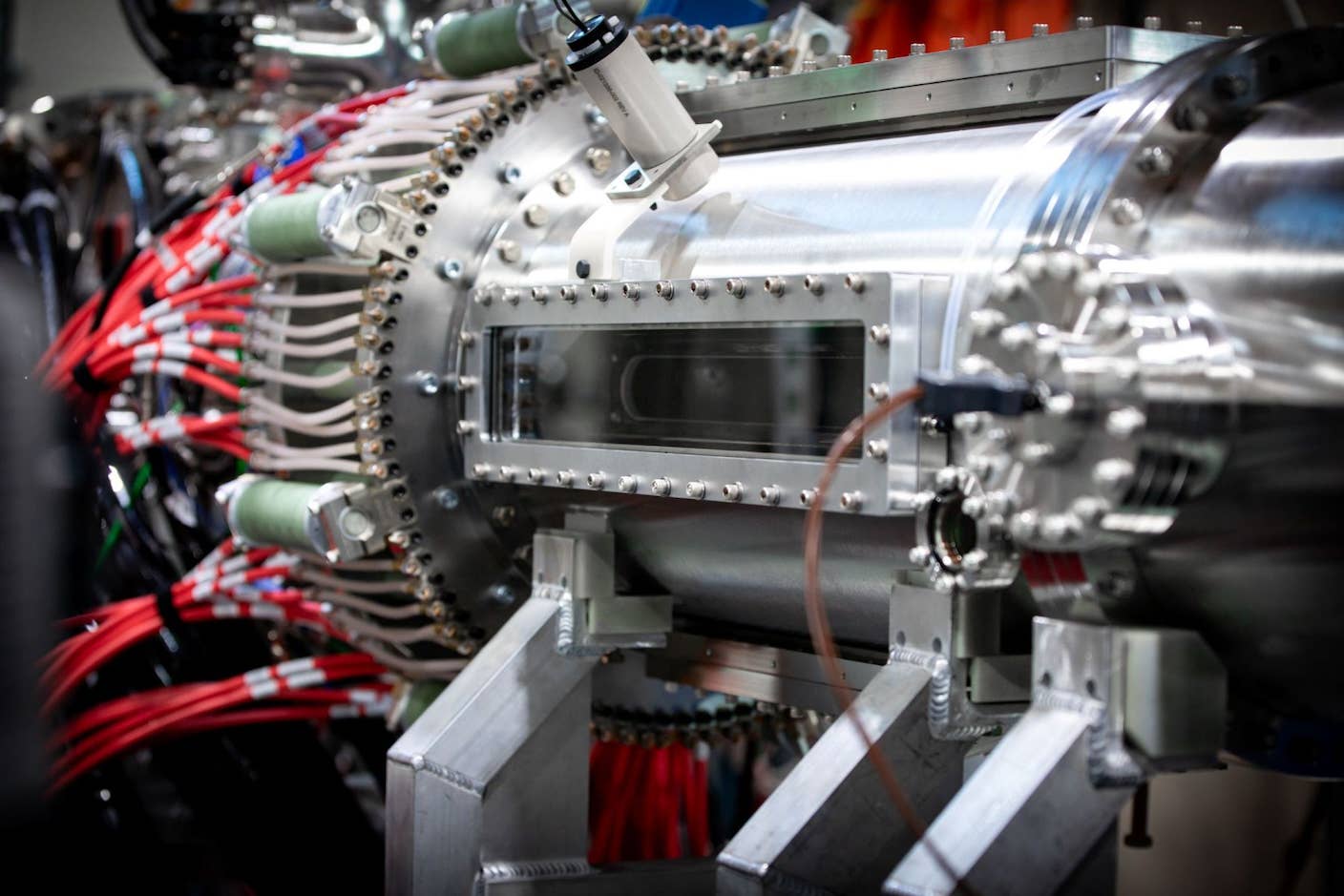Decarbonizing the Energy Sector by 2050 Could Save the World $12 Trillion

Share
One of the main arguments against a rapid transition to renewable energy is the potentially enormous cost. But a new study shows that moving quickly could actually save us huge amounts of money compared to taking things slowly or doing nothing at all.
Models designed to estimate the economic impact of different energy scenarios, including those used by the Intergovernmental Panel on Climate Change, have consistently predicted that shifting from fossil fuels to greener alternatives like solar and wind would entail significant costs.
But researchers from Oxford University believe these predictions have also been consistently wrong. When projections made over the last 20 years are compared to real-world data, they systematically underestimate the cost reductions of key technologies and the pace of deployment around the world.
These findings prompted the team to see if they could find a better way to model the potential trajectories of future energy systems. By turning to the same kind of probabilistic modeling approaches used by the betting industry, they predicted that transitioning to a decarbonized energy system by around 2050 is expected to save the world at least $12 trillion, compared to continuing our current levels of fossil fuel use.
“The belief that the green energy transition will be expensive has been a major driver of the ineffective response to climate change for the past 40 years,” the authors wrote in a paper in Joule. “This pessimism is at odds with past technological cost improvement trends and risks locking humanity into an expensive and dangerous energy future.”
Relying on methods used by gambling companies rather than those favored by economists might seem like an odd decision, but the researchers point out that they must have some merit, as they make the industry billions in profits every year. What’s more, governments and companies are either implicitly or explicitly making bets on different energy technologies, so working out which bets have the best odds makes sense.
The approach they used has also been well validated. The team had previously used their probabilistic model to forecast the cost of 50 technologies and shown that it closely tracked historical data. In the latest study, they applied the same technique to technologies that will be critical to the green energy transition, like solar, wind, batteries, and electrolyzers for creating green hydrogen, as well as coal, gas, nuclear, biopower, and hydropower.
Their results show that a fast transition to renewable energy would save the global economy $12 trillion by 2050 compared to leaving the energy system the way it is today, while also producing 55 percent more energy than we do currently. They also investigated a slower transition, which they found would save less than the fast one but considerably more than the business-as-usual case.
Be Part of the Future
Sign up to receive top stories about groundbreaking technologies and visionary thinkers from SingularityHub.


Crucially, the model didn’t take into account the cost of climate change itself, which would clearly favor a shift to renewables. The calculations are based purely on the underlying economics of the various energy technologies.
The study found that a rapid shift to a decarbonized energy system would entail significant increases in annual infrastructure costs due to the need for things like enhanced grid capacity. But the extra $140 billion this would cost per year was significantly less than the roughly $400 billion in annual savings on energy costs.
The researchers are keen to point out that their model is not aimed at finding optimal solutions, and it’s possible that in certain situations or localities it may make sense to retain some fossil fuels, for instance using gas rather than hydrogen fuel.
The modeling approach they use is also novel, and it’s far from certain whether key decision-makers will be willing to take their findings at face value. Nonetheless, they highlight the fact that today’s accepted wisdom around the cost of a green energy transition is on shaky ground, and smarter bets on the future of energy could have some serious payoffs.
Image Credit: WikiImages / 1175 images
Related Articles

Hugging Face Says AI Models With Reasoning Use 30x More Energy on Average

Startup Zap Energy Just Set a Fusion Power Record With Its Latest Reactor

Scientists Say New Air Filter Transforms Any Building Into a Carbon-Capture Machine
What we’re reading
